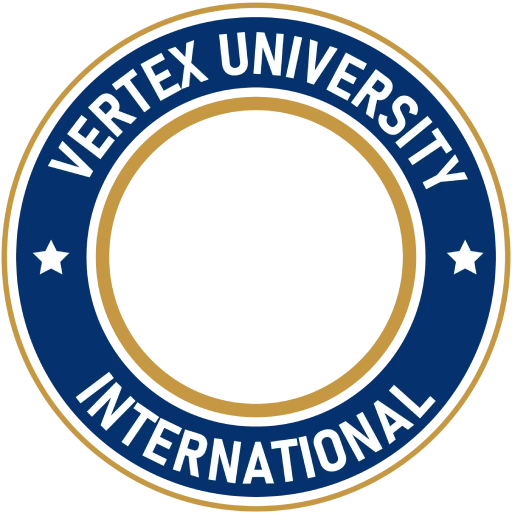The world today is undergoing rapid and profound transformations driven by technological advancement and widespread digitalization. These shifts have had a significant impact on the structure of the labor market. Traditional skills that once ensured job stability and professional security are no longer sufficient. Many roles are now at risk of being replaced or eliminated due to automation and artificial intelligence—particularly jobs involving repetitive tasks or limited-scope skills. In this new reality, many employees, especially those in the latter half of their careers, face serious threats of redundancy due to skill gaps and their inability to keep pace with the demands of today’s digital work environment.
Smart Universities: A Solution to the Crisis
Amid these challenges, smart universities emerge as a true lifeline for those looking to requalify and safeguard their professional future. Rather than waiting to be pushed out by change, these forward-thinking institutions offer employees the chance to take proactive steps toward self-development and acquire the digital skills that have become essential. Smart universities provide flexible educational programs that allow learners to balance work and study, and they offer specializations aligned with the demands of the modern job market—such as data analysis, artificial intelligence, cybersecurity, and digital transformation management. These institutions offer not just knowledge, but also internationally accredited qualifications that can make a real difference in one’s career path.
The Advantages of Digital Learning in the Era of Transformation
What sets the digital learning offered by smart universities apart is that it goes beyond the traditional concept of higher education. It creates an integrated environment that supports lifelong learning and enables students to benefit from the latest educational technologies. Learners can choose study schedules that suit them, access up-to-date academic content anytime and anywhere, and interact with faculty and peers from diverse international backgrounds. These platforms also offer regular assessments and intelligent academic tracking to help students improve and stay on course—at a time when self-development is not a luxury but a necessity.
Vertex University: A Model for Overcoming Challenges
Within this context, Vertex University stands out as a leading model offering a comprehensive educational experience that effectively addresses the challenges posed by digital transformation. The university’s vision is rooted in a deep understanding of the massive changes occurring in the labor market, and it aims to empower individuals through a flexible and inclusive academic system. Vertex offers internationally accredited programs in the most in-demand future fields and integrates advanced digital education technologies, all while providing ongoing academic support and an interactive learning environment that bridges theory and practice. These programs are designed to meet the needs of working professionals and provide them with the opportunity to combine career and study, making Vertex a powerful tool for avoiding professional marginalization in the digital age.
Conclusion
The threats posed by digital transformation to the job market are no longer just future concerns—they are already becoming reality in many sectors. However, this new reality also brings opportunities for those willing to adapt and grow. Smart universities, with Vertex University at the forefront, offer the ideal environment for this transformation. They provide individuals with a secure pathway to acquire the skills and knowledge necessary to maintain their relevance in the workforce and unlock new possibilities. Education is no longer a finite phase—it is a lifelong journey. And those who have the courage to begin again will be the ones who shape the future.







